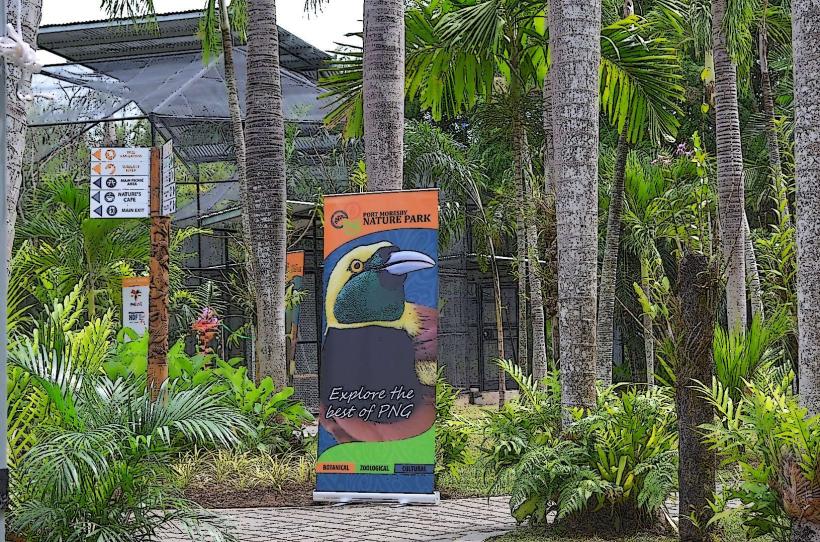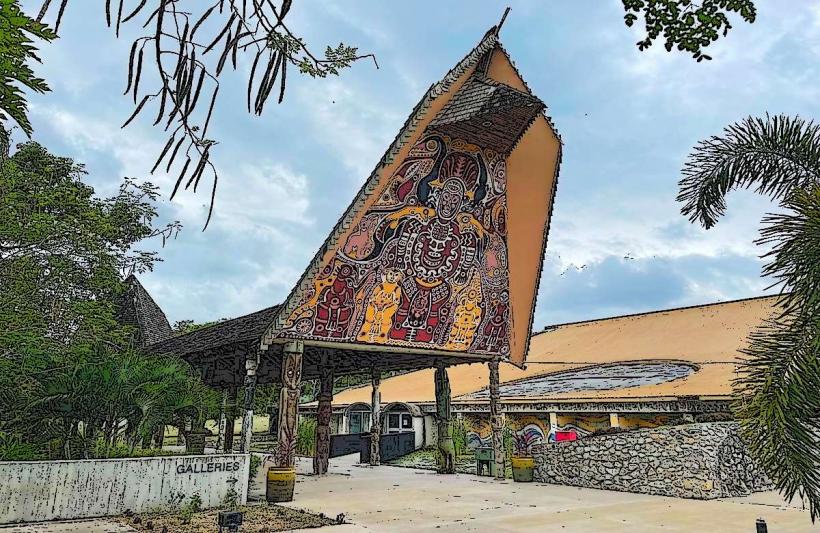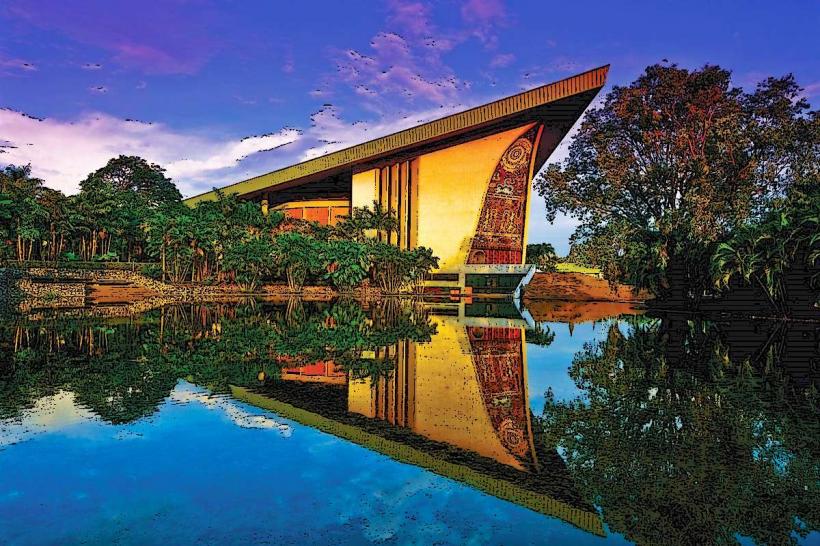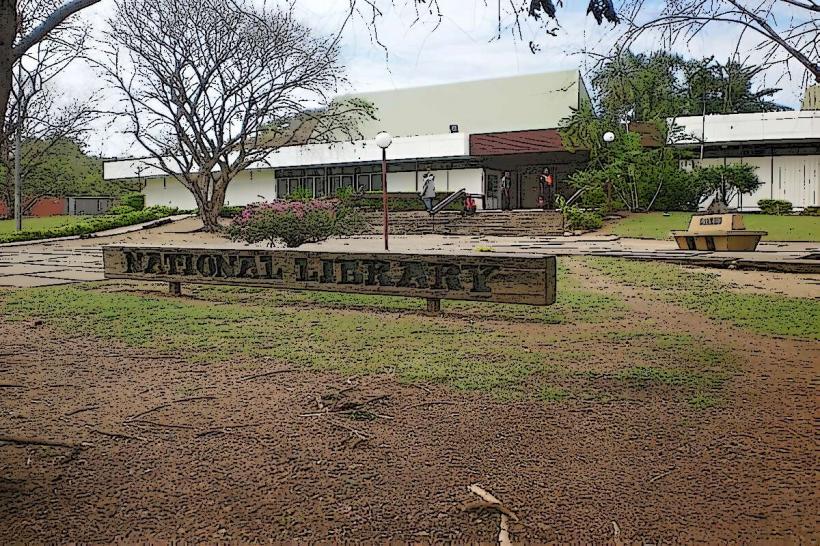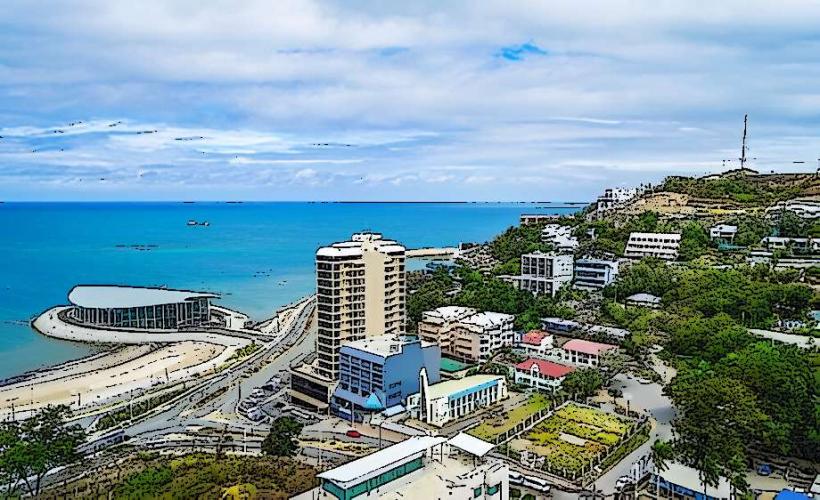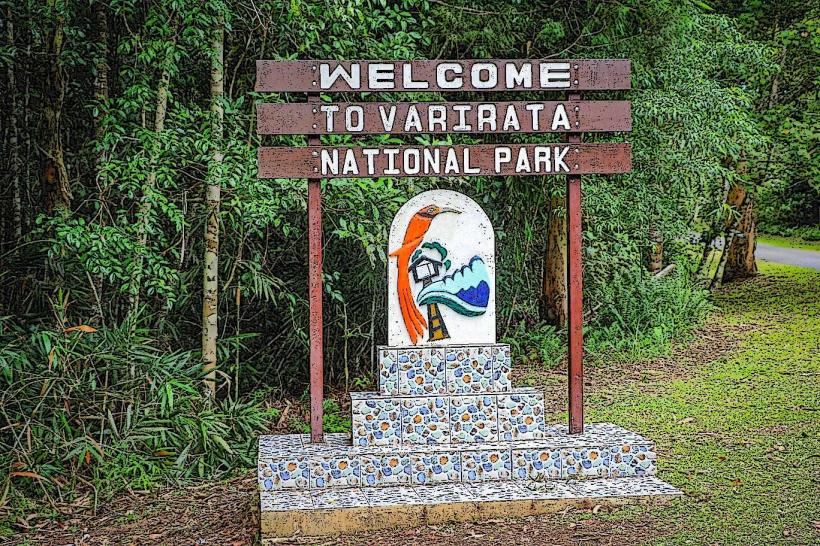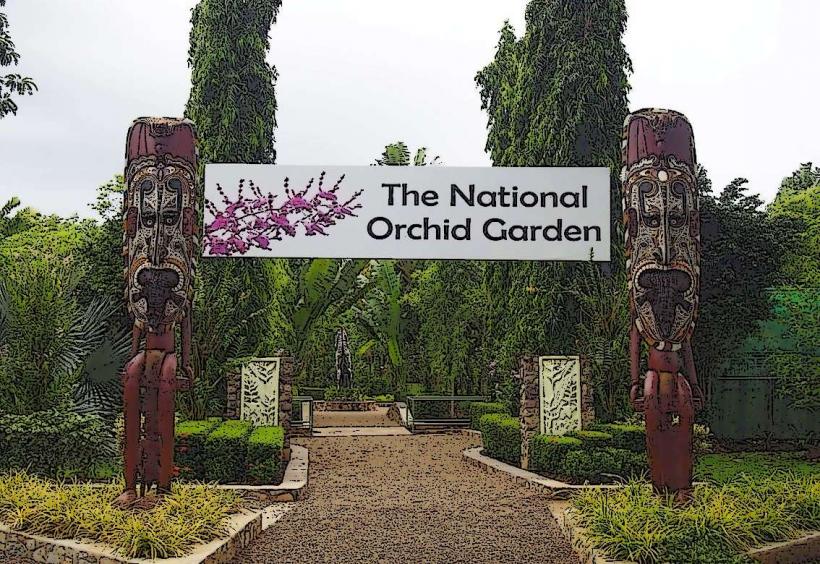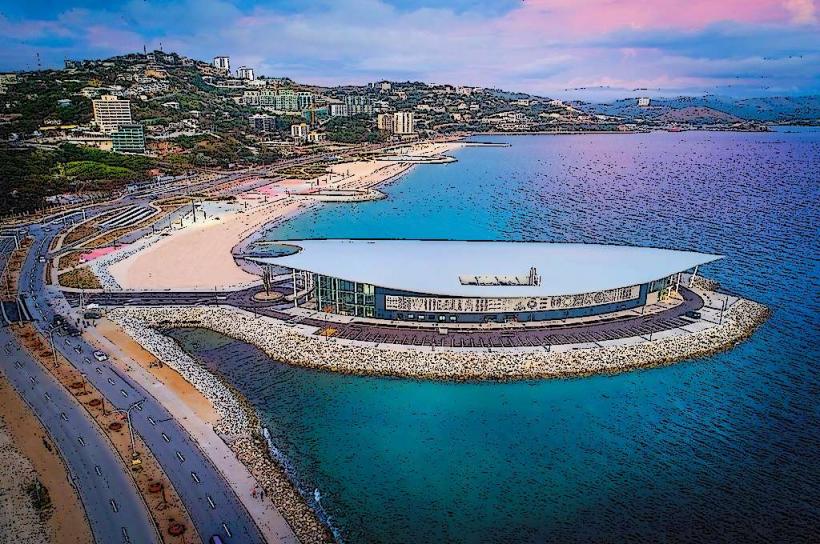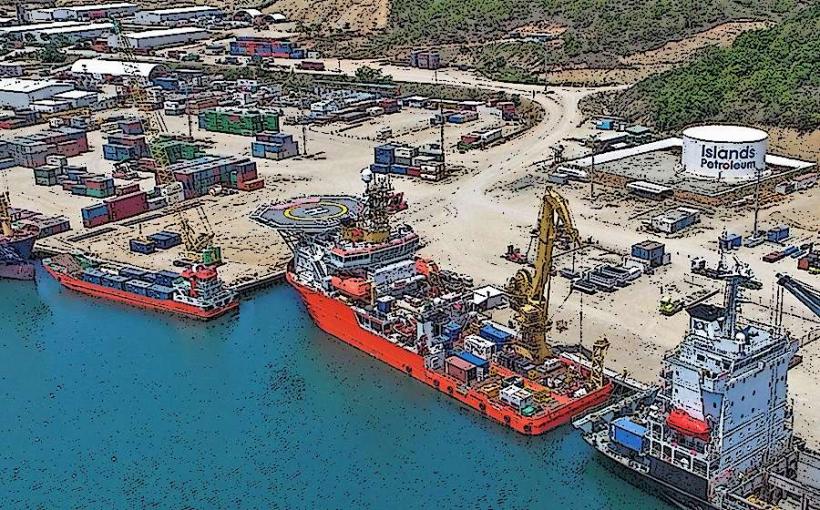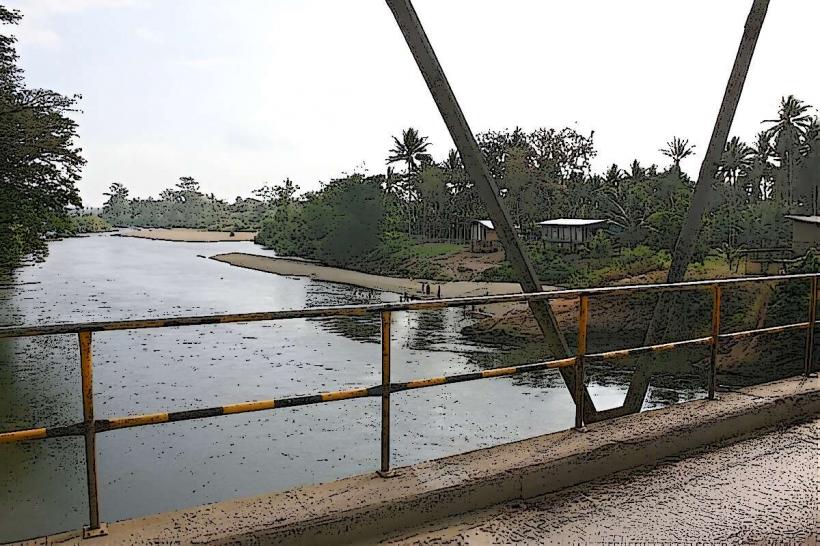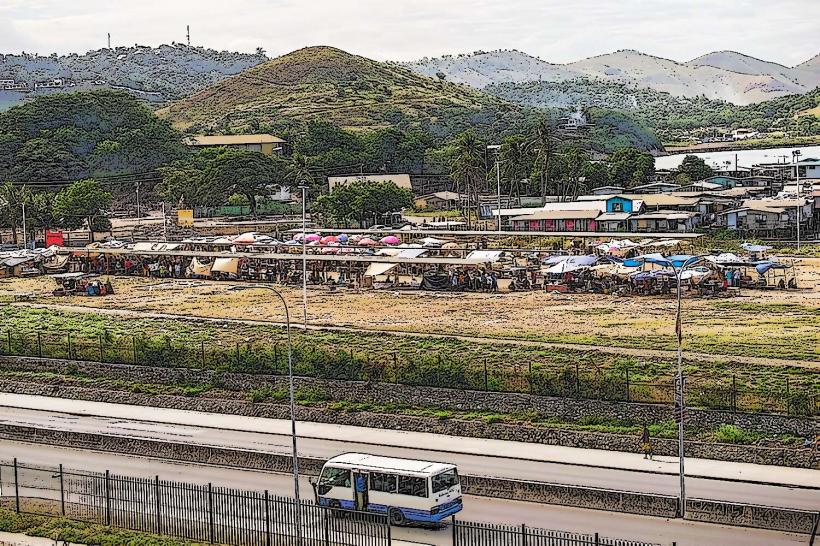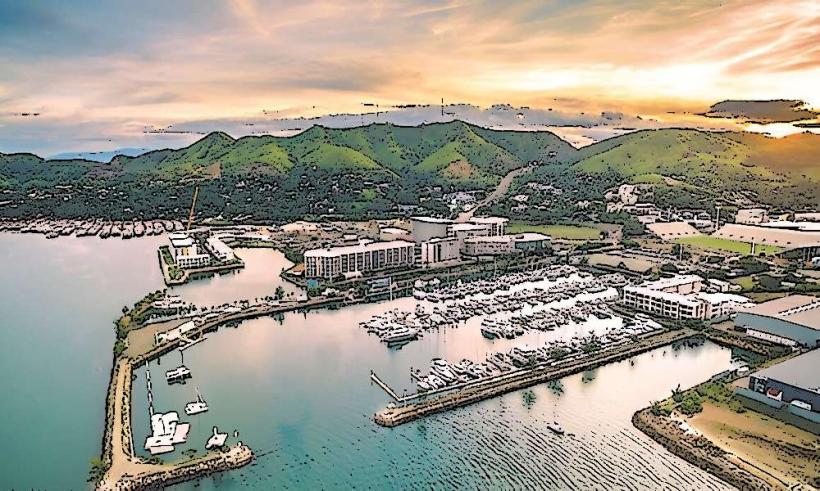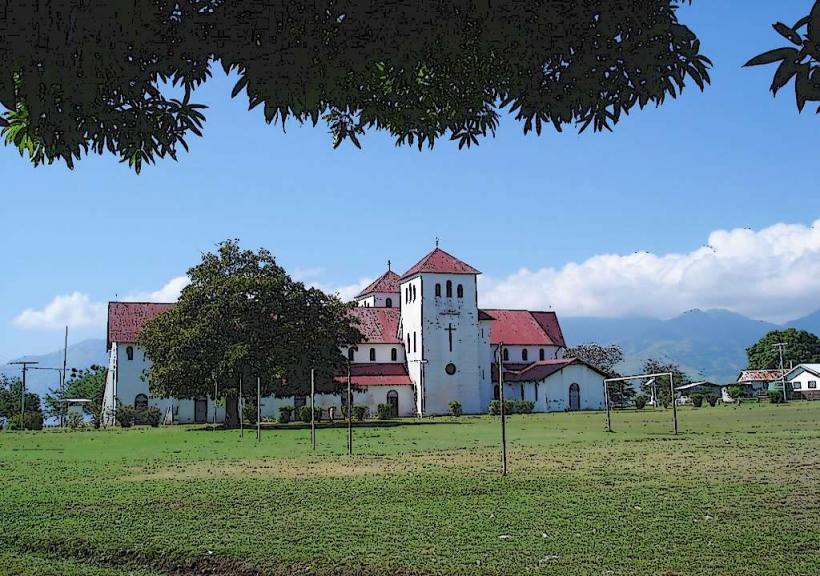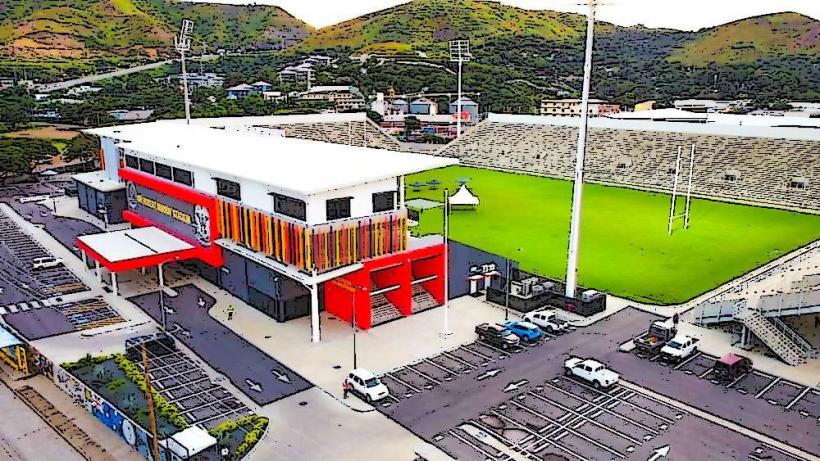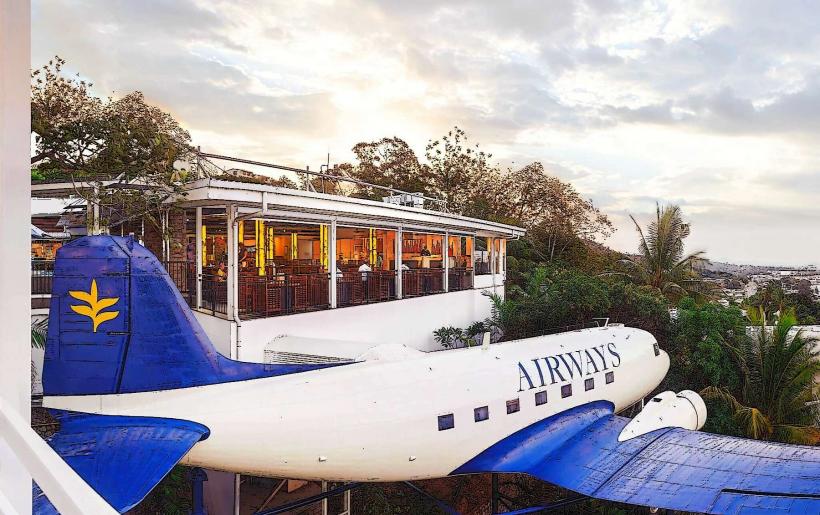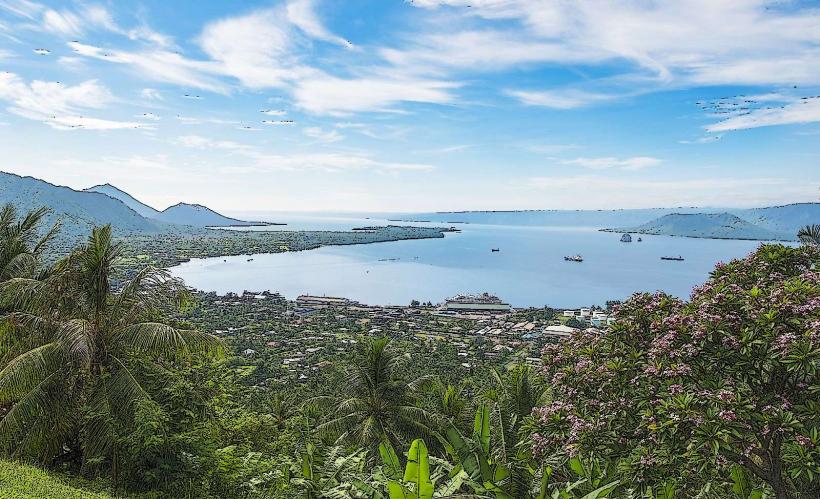Information
City: Port MoresbyCountry: Papua New Guinea
Continent: Australia
Port Moresby, Papua New Guinea, Australia
Port Moresby is the capital and largest city of Papua New Guinea, located on the southeastern coast of the Papuan Peninsula. It serves as the nation's primary economic, political, and administrative hub, situated within the National Capital District (NCD).
Historical Timeline
The area has been inhabited for centuries by the Motu-Koitabu people, known for their Hiri trade voyages.
1873: Captain John Moresby of the HMS Basilisk arrived and named the harbor after his father, Admiral Sir Fairfax Moresby.
1884: Annexed by Britain; it later became the capital of British New Guinea.
1942–1945: Served as a critical Allied base during World War II, a primary objective for Japanese forces seeking to isolate Australia.
1975: Became the capital of an independent Papua New Guinea.
Demographics & Population
The population is approximately 756,000 (2024 Census), though informal settlements significantly increase this figure.
Diversity: It is a "primate city" hosting residents from all 22 provinces, reflecting over 800 indigenous languages.
Languages: English (official), Tok Pisin (lingua franca), and Hiri Motu are the primary languages spoken.
Urban Layout & Key Districts
Downtown (Town): The historic and financial center located on the peninsula, featuring high-rise offices and luxury hotels.
Waigani: The government precinct housing the National Parliament, National Museum, and various embassies.
Boroko: A major commercial and residential district with large markets and sporting facilities.
Hanuabada: One of the original Motu "stilt villages" located over the water near the harbor.
Top Landmarks
National Parliament House: Built in the style of a traditional "Spirit House" (Haus Tambaran), it is an architectural landmark of national identity.
National Museum and Art Gallery: Houses one of the world's finest collections of Pacific ethnological artifacts and tribal art.
Port Moresby Nature Park: An award-winning wildlife park featuring tree kangaroos, cassowaries, and birds of paradise.
Bomana War Cemetery: The largest WWII cemetery in the Pacific, holding the remains of over 3,800 Commonwealth soldiers.
APEC Haus: An iconic convention center at Ela Beach designed to resemble a Motuan lagatoi (trading canoe) sail.
Transportation Network
Air: Jacksons International Airport (POM) is the sole international gateway and the primary hub for domestic travel.
Road: There are no road links connecting Port Moresby to other major cities (like Lae or Madang). Transport is limited to the immediate Central Province.
Local: Public Motor Vehicles (PMVs)-usually 22-seater buses-are the standard transport for locals. Taxis are available but vary in safety; "secure taxi" services are recommended for visitors.
Safety & Health
Crime: Port Moresby has a reputation for high crime rates, including carjackings and civil unrest. Travelers are advised to use private security escorts, avoid walking at night, and stay within gated compounds.
Health: Medical facilities are limited. Malaria is endemic; prophylaxis and insect repellent are essential. Yellow Fever vaccination is required if arriving from an infected country.
Water: Tap water is generally not considered safe for consumption; bottled water is standard.
Digital & Financial Infrastructure
4G/5G coverage is reliable in urban areas, dominated by Digicel and Telikom. The currency is the Kina (PGK). ATMs are available in major malls (Vision City) and hotels, but credit card acceptance is limited to high-end establishments.
Climate & Ecology
Climate: Tropical savanna ($Aw$). Unlike much of PNG, it sits in a rain shadow, receiving significantly less rainfall (~1,200 mm annually) and featuring a distinct dry season from May to October.
Marine: The city is protected by a massive offshore barrier reef, providing calm waters for the harbor.
Local Cost Index (High-End/Expat Rates)
1 Espresso: ~K12 – K15 ($3 – $4)
1 Domestic Flight (One-way): ~K500 – K900 ($125 – $225)
1 Mid-range Hotel Night: ~K400 – K700 ($100 – $175)
Facts & Legends
A verified geographical oddity is that Port Moresby is one of the few national capitals not connected by road to the rest of the country's major population centers. Local legend speaks of the Hiri Moale, the ancient trading spirit that ensures the safety of those traveling by sea, a tradition celebrated annually through large-scale festivals featuring traditional canoe racing.

